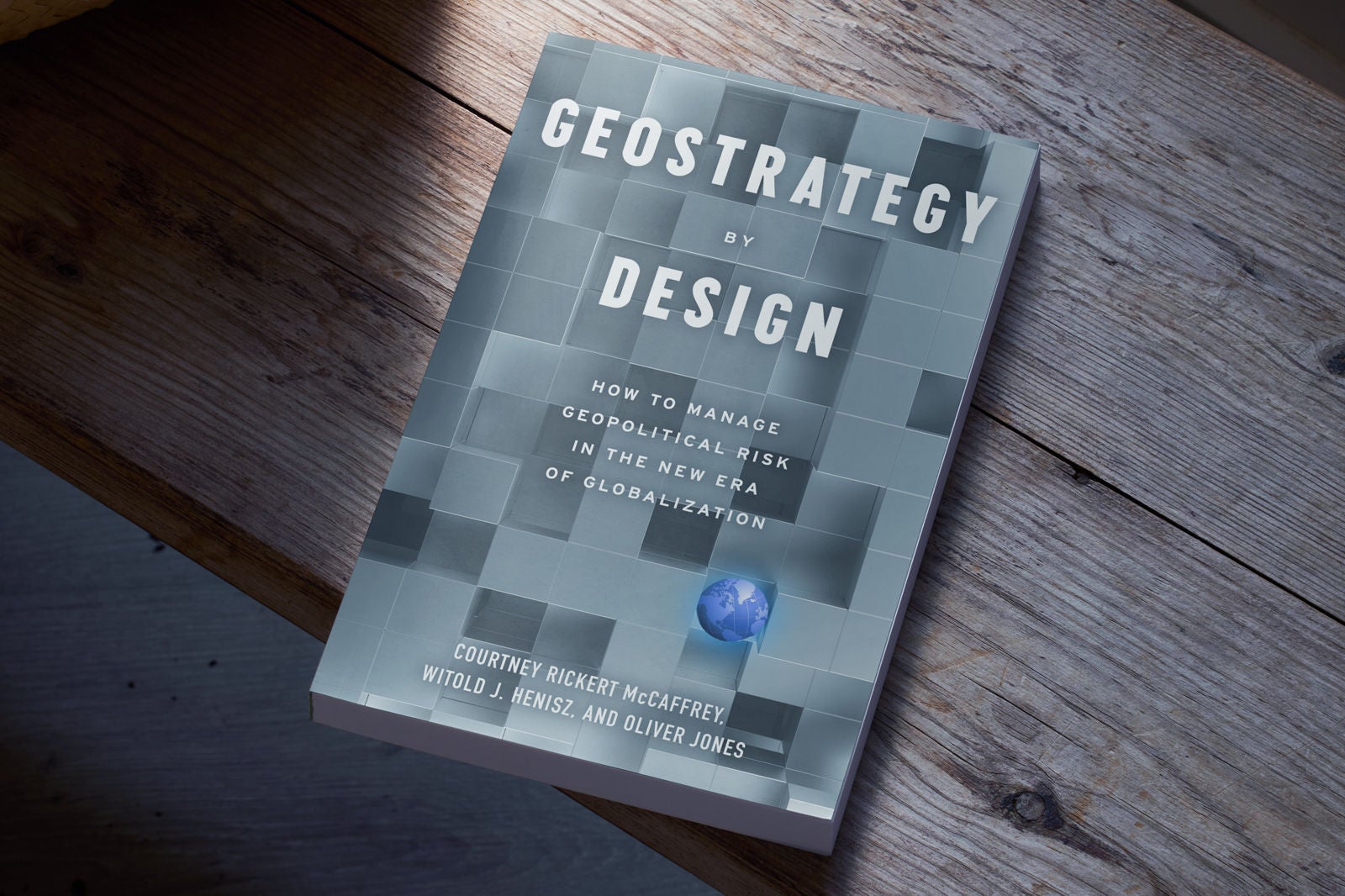What happened
The US announced the outer limits of its extended continental shelf for the first time in December 2023, expanding its economic maritime claims by about 987,700 square kilometers.³
There are renewed efforts by US senators and former government officials for the Senate to ratify the 1982 United Nations Convention on the Law of the Sea (UNCLOS).⁴ A separate bill introduced in the US House of Representatives encourages deep-sea mining on national security grounds.⁵
At the recent Council of the International Seabed Authority (ISA) session, delegations from Russia and China, which have ratified UNCLOS, objected to the new US maritime claims, noting the US is not a party to the treaty.⁶
What’s next
As the energy transition continues, demand for critical minerals — including cobalt, copper, lithium, nickel and rare earths — may continue to grow. Trade in critical minerals has already doubled in the five years to 2022 and is likely to continue to grow significantly as governments and companies seek to increase renewable energy production and reduce greenhouse gas emissions.⁷
The ISA Council will meet again in July to attempt to move forward on the draft exploitation regulations for mineral resources in the international seabed. Given geopolitical tensions and environmental concerns⁸ about such activities, some observers question whether the ISA will be able to finalize these regulations by its stated 2025 deadline.
More countries may move forward on their own, given scientific estimates that about 35–45% of the supply of critical metals will come from deep-ocean mines in the coming decades.⁹ Nauru¹⁰ has been an early mover in this arena, and Norway¹¹ recently became the first country to approve deep-sea mining within its waters.
Business impact
As demand for critical minerals continues to grow, deep-sea mining is likely to become an increasingly active market for private sector capital and government investment. Executives should monitor geopolitical competition and international legal developments to inform their strategies regarding in which countries’ economic zones they engage in exploration for or exploitation of minerals.
Environmental concerns about deep-sea mining and ecosystem rehabilitation challenges are likely to persist, so mining companies should develop strategies for oceanic assets in consultation with policymakers and environmental organizations. Doing so can help to manage reputational and license-to-operate risks. Further, banks concerned about the environmental impacts may limit or condition funding streams for miners. Companies that source critical minerals – including automakers – should ensure they have full transparency into their supply chains for these inputs.
For more information, contact Courtney Rickert McCaffrey and Angie Beifus












